Resources
Explore resources from a range of sources across the aged care sector - including government, research, academic and practice-based materials - curated by ARIIA to support evidence-informed practice and innovation.
Showing
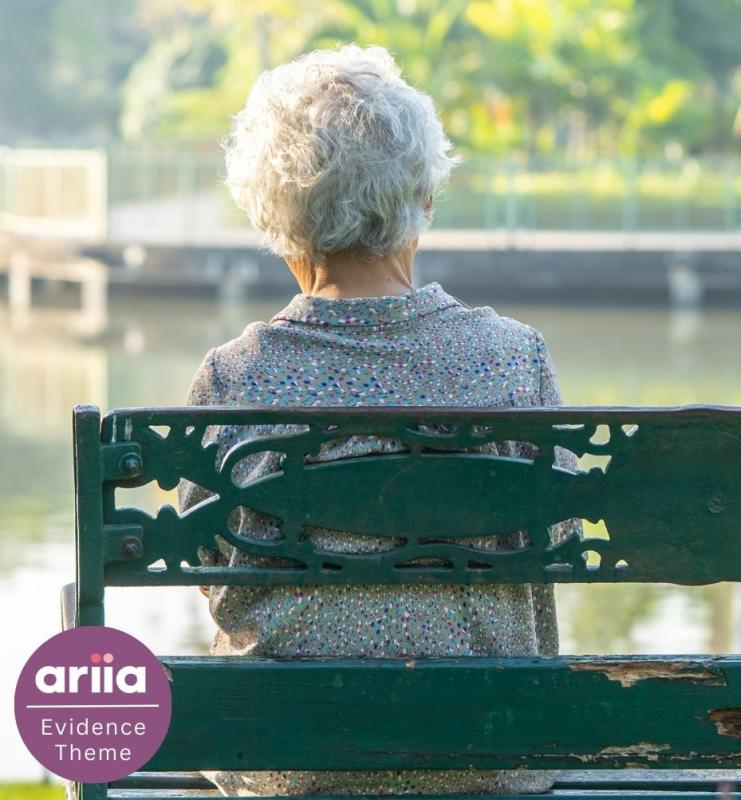
Mental health and wellbeing: Screening tools
Anxiety and depression are common in residential aged care yet often remain undetected. Several screening tools are available for detecting signs and symptoms of anxiety and depression in older adults in residential aged care. This resource from ARIIA is a short easy-to-read summary of the research evidence.
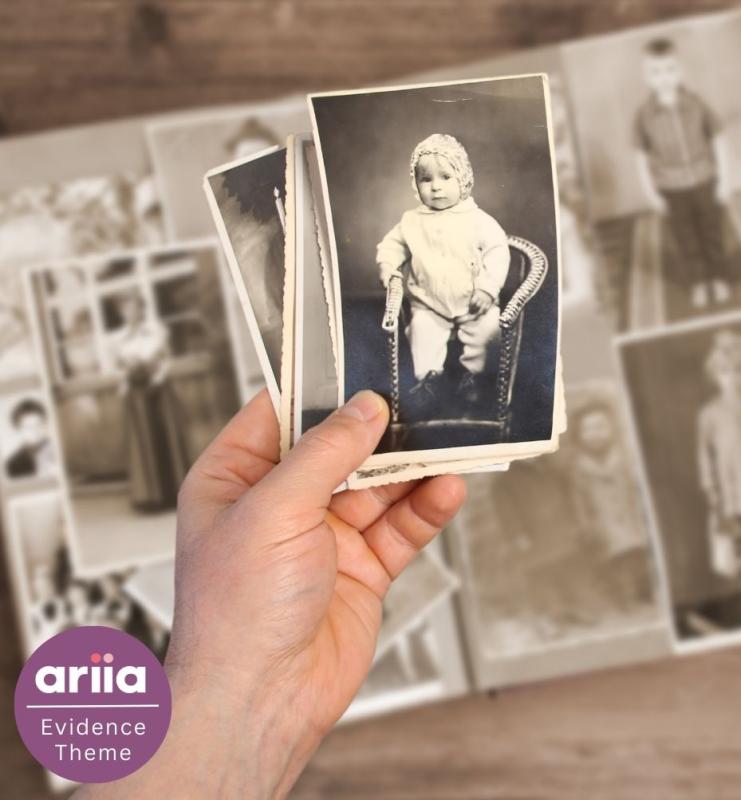
Mental health and wellbeing: Reminiscence approaches
Reminiscence approaches such as reminiscence, life review, and life review therapy, demonstrate a mixed but overall positive influence on the mental health and wellbeing of older adults. This resource from ARIIA is a short easy-to-read summary of the research evidence.

Mental health and wellbeing: Physical activity
Physical activity is critical for the mental health of people over 65 years of age. This resource from ARIIA is a short easy-to-read summary of the research evidence.
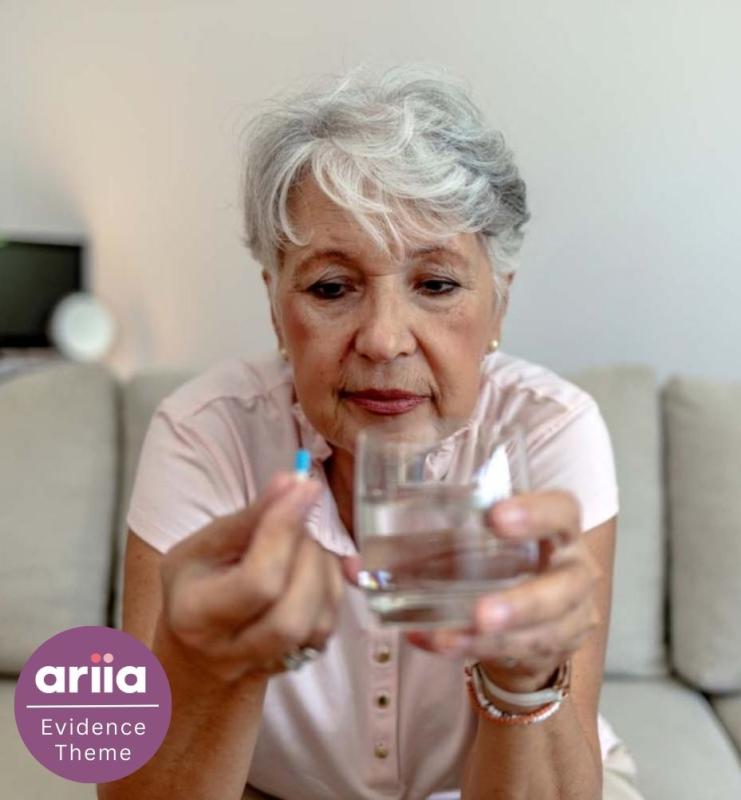
Mental health and wellbeing: Medication use
Mental health diagnoses increase the risk of potentially inappropriate medications in residential aged care, especially in the form of antidepressants. This resource from ARIIA is a short easy-to-read summary of the research evidence.

Mental health and wellbeing: Psychological approaches
Psychological approaches provide people with the opportunity to discuss their thoughts and feelings with a trained professional to assist them with understanding and coping with their daily life or negative events. This resource from ARIIA is a short easy-to-read summary of the research evidence.
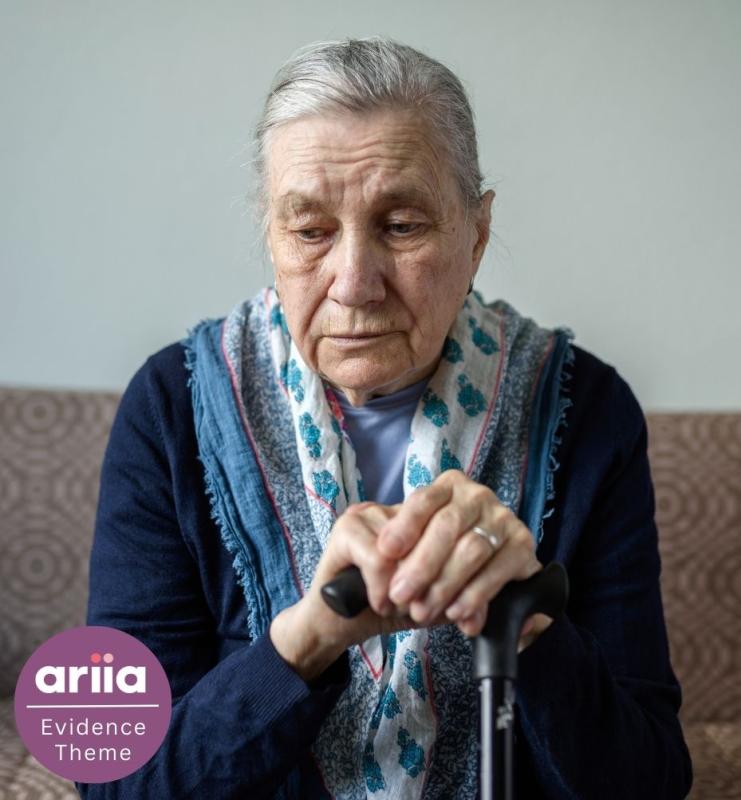
Mental health and wellbeing: Depression
Depression is markedly higher among people living in residential aged care compared to those living in the community. This resource from ARIIA is a short easy-to-read summary of the research evidence.

Mental health and wellbeing: Ceasing to drive
Being able to drive is strongly related to feelings of independence and life satisfaction in older adulthood. Evidence shows that ceasing to drive is consistently associated with depressive symptoms. This resource from ARIIA is a short easy-to-read summary of the research evidence.

Privacy checklist for telehealth services
This information sheet by the Australian Government Department of Health and Aged Care contains a checklist to guide service providers in complying with privacy obligations to deliver telehealth services.

Residential aged care facilities: Better access to healthcare information for you and your residents
This Australian Digital Health Agency document provides a summary of how My Health Record benefits residential aged care residents and their families and carers. It also includes a case study as an example of how My Health Record was utilised.
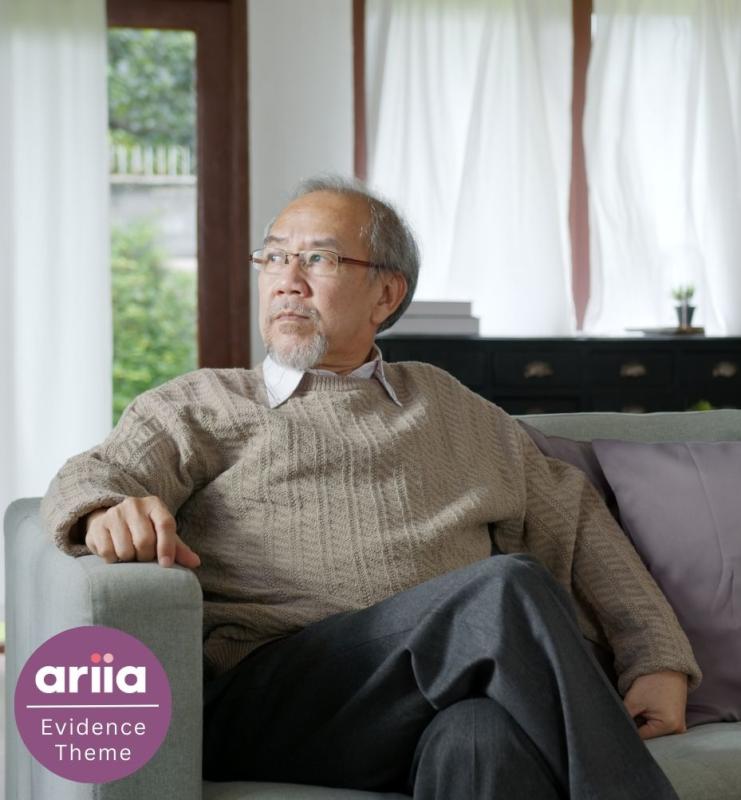
Mental health and wellbeing: Anxiety
In Australia, approximately 10 per cent of older adults have anxiety. Anxiety disorders are especially prevalent among people living in residential aged care. This resource from ARIIA is a short easy-to-read summary of the research evidence.